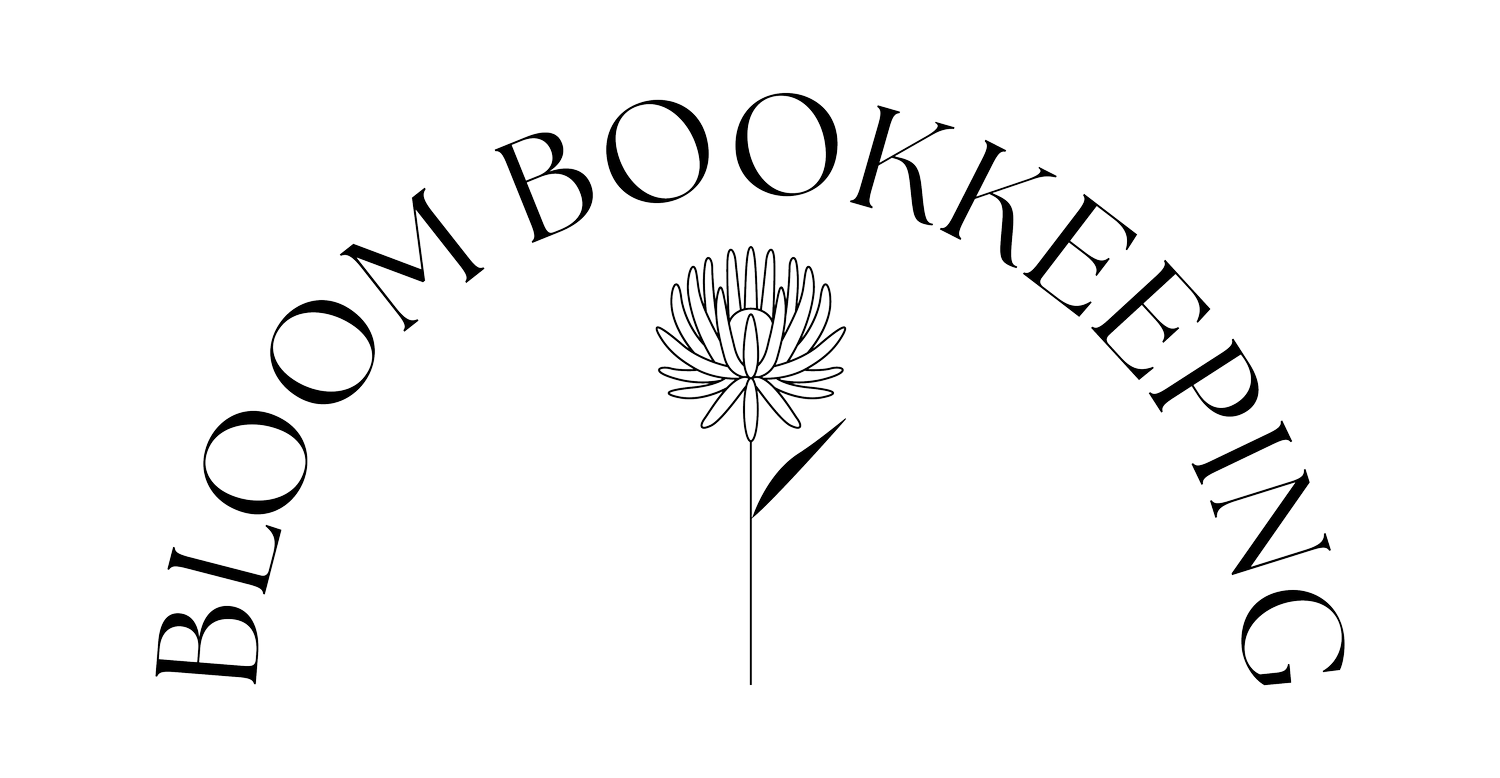Organized Bookkeeping
Keeping your business bookkeeping organized is essential for maintaining financial stability and making informed decisions. It can also impact the overall success in your business. As a bookkeeping business, we have seen first hand how utilizing systems, tracking expenses, scheduling regular tasks and hiring a professional bookkeeper can help you stay on track to reach your business goals.
Here are our top recommendations for keeping things organized in your business bookkeeping, no matter what industry or niche you’re in!
Cloud Based Drive
As a business owner, keeping track of your bookkeeping can be a daunting task. However, with the advent of cloud-based drives, managing your business finances has become easier than ever before. Cloud-based drives offer a range of benefits that can help streamline your bookkeeping process and save you both time and money.
One of the primary advantages of using a cloud-based drive for your business bookkeeping is that it allows you to access your financial records from anywhere with an internet connection. This means that you can work on your books from the office, home or even while on the go. This kind of flexibility can be a lifesaver for business owners who are constantly on the move.
Another major benefit of using a cloud-based drive for your bookkeeping is that it provides a secure way to store your financial records. With cloud-based drives, you don't have to worry about losing your data due to computer crashes or theft. Cloud-based drives use encryption and other security measures to ensure that your data is safe and secure.
Cloud-based drives also offer a level of collaboration that is impossible with traditional bookkeeping methods. Multiple users can access the same financial records simultaneously, allowing for real-time collaboration that can help streamline the bookkeeping process.
Invoicing
Invoicing on the same day of each month is crucial for the financial stability of businesses, especially for those that rely on a consistent cash flow. By establishing a regular invoicing schedule, businesses can ensure that their clients are aware of when to expect payment requests, and can better plan their own budgets accordingly.
By sending invoices on a predictable schedule, businesses can also minimize the risk of late payments, which can have a significant impact on cash flow and overall financial health. Having a regular invoicing schedule can also help businesses avoid missing out on potential revenue, as they can quickly identify and follow up on any missed payments.
In addition to these financial benefits, regular invoicing can also help businesses build stronger relationships with their clients. By providing clear and consistent communication around payment expectations, businesses can demonstrate their professionalism and commitment to transparency, which can help build trust and loyalty over time. Overall, establishing a regular invoicing schedule is a simple but important step that businesses can take to ensure their ongoing financial stability and success.
Record-keeping
Record keeping is an essential aspect of bookkeeping for any business, regardless of its size. It involves keeping track of all financial transactions and ensuring that accurate and up-to-date financial records are maintained. Proper record keeping can help businesses in several ways.
Record keeping helps businesses to track their income and expenses. By recording every transaction, businesses can easily determine their total revenue, expenses, and profits. This information is essential for making informed financial decisions and can help businesses to identify areas where they can cut costs and increase profits.
Record keeping helps businesses to comply with tax laws and regulations. Accurate financial records are necessary for preparing tax returns and meeting other reporting requirements.
Record keeping provides businesses with a clear picture of their financial health. By reviewing financial records regularly, businesses can identify trends, forecast future cash flows, and make informed decisions about investments and other financial matters.
Technology we love to use that keeps us organized
Here at Bloom Bookkeeping, we are big advocates of utilizing technology and never shying away from systems and processes that help make our lives more efficient. Gone are the days of paper files, and we’re seeing more and more that business owners are adopting technological methods to keep their bookkeeping organized.
Here’s a list of our top technology tools we use to keep our business and our clients businesses running smoothly:
Portals to upload documents
How we communicate with our clients
Our job is to take care of you! That’s how we can bloom together. We love to chat, but we understand not everyone communicates the exact same. That’s why we use a variety of different methods for communication that best suit your individual needs.
We’ll never ghost you, nor will we respond with just a ‘thumbs up’ as an answer. We believe in clear and concise communications, right from the beginning! During your onboarding process, we discuss how you prefer to be communicated with about your bookkeeping. As with anything, we understand this may change over time, but transparency is key.
Here are a couple platforms we use to communicate with our clients:
Instagram
Facebook
WhatsApp
Texting
Email
Phone
Your best course of action in keeping your business bookkeeping organized is to hire someone professionally to get it right the first time! Here at Bloom Bookkeeping, we can help you set up a system, manage your finances and provide valuable insights into your businesses financial health. If this sounds like something you’re interested in, reach out today! We can’t wait to help you bloom in your business

